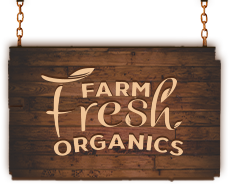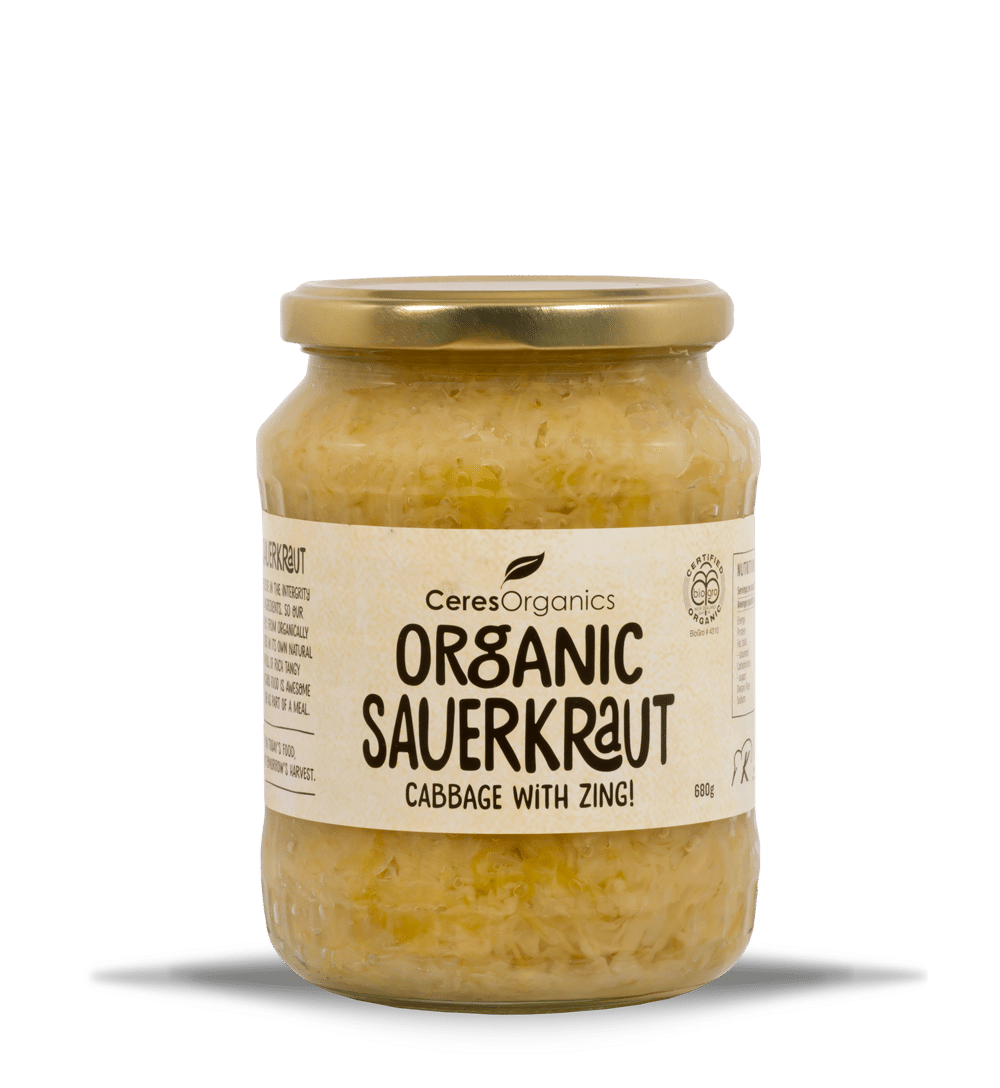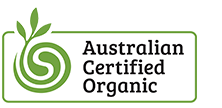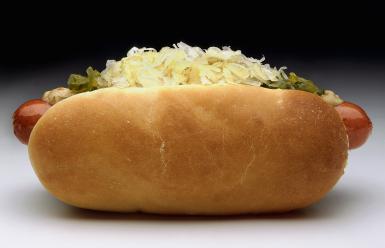Description
Organic Sauerkraut is delicious as a side on any dinner plate, in a sandwich or on a burger or hot dog; sauerkraut – a naturally fermented food – not only tastes good, but is really quite good for you. So what does fermentation do?
- It preserves food.
- It adds microbes to the gut. Many people eat fermented foods to get a supply of live “good” bacteria. Examples include yoghurt, sauerkraut, kimchi, kombucha tea and kefir.
- Fermentation increases micronutrients. Some bacteria can increase levels of vitamins in food, especially B vitamins.
- It makes food more digestible. The lactose in milk is broken down into simpler sugars – glucose and galactose – which, if you are lactose intolerant, can make products such as yoghurt and cheese potentially easier to digest. Also, many microbes produce enzymes that break down cellulose in plant foods, which humans can’t digest, into sugars.
- It changes the taste of food. It can make food pleasantly sour or tangy, and develops flavour.
- Fermentation eliminates anti-nutrients. Natural or synthetic compounds that interfere with the absorption of nutrients, called anti-nutrients, can be destroyed by fermentation. Phytic acid, for example, which is found in legumes and seeds, binds minerals such as iron and zinc, reducing their absorption when eaten. However, phytic acid can be broken down during fermentation, so the minerals become available. Miso and tempeh are examples of fermented legumes.
- It decreases cooking times. Foods that are tough, difficult to digest or unpalatable raw can be improved by fermentation, reducing the need for cooking and fuel.
- Fermenting produces carbon dioxide. Fermenting yeast produces carbon dioxide (and alcohol). Carbon dioxide can be used for leavening bread and carbonating drinks such as beer and champagne.
Ingredients: Certified Organic White Cabbage 99%, Sea Salt. Certified organic by Australian Certified Organic (201).



